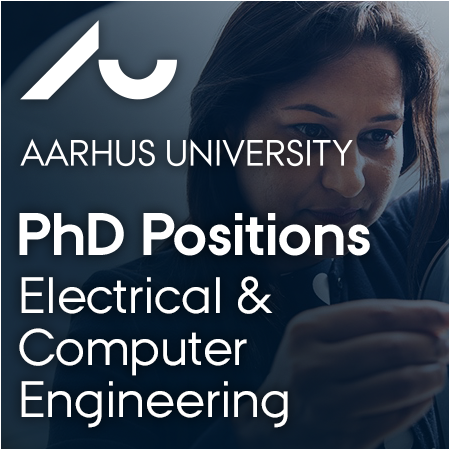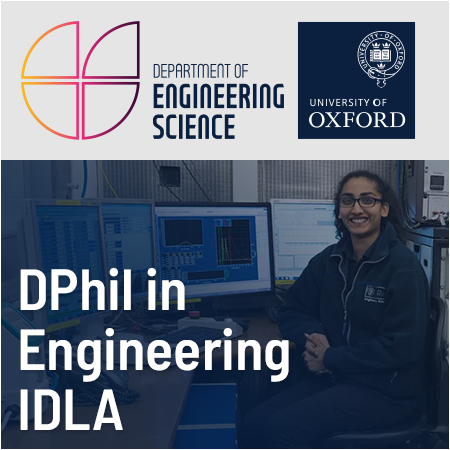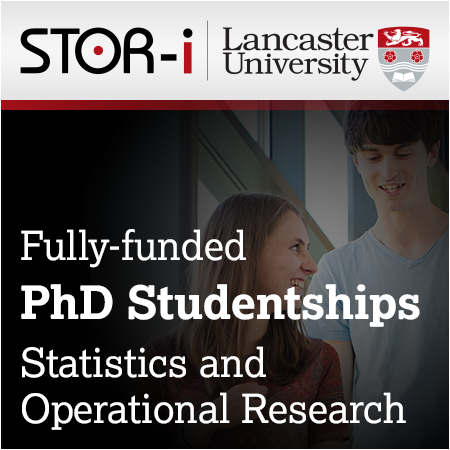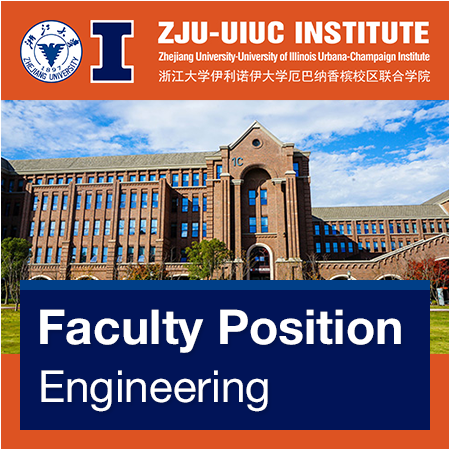Please start typing and select a location from the list
1 PhD Found
Clear All
Computer Sciences
Engineering & Technology
Mathematics & Statistics
Artificial Intelligence
Electrical & Electronic Engineering
Information Systems
Mathematics
Other Engineering
Software Engineering
Statistics
PhDs
Up to £9,999
Search
Sort
The job you're looking for is no longer being advertised. Please see below for similar jobs.
1 PhD Found
PhD Program in Finance
Department of Accounting and Finance
University of Cyprus
Location:
Nicosia
Salary:
£1,043.76
per month
Date Placed: 07 Mar
×
Max Saved Jobs Reached
A maximum of 500 Saved Jobs can be created against your account. Please remove an existing Saved Job in order to add a new Saved Job.
Manage Saved Jobs









